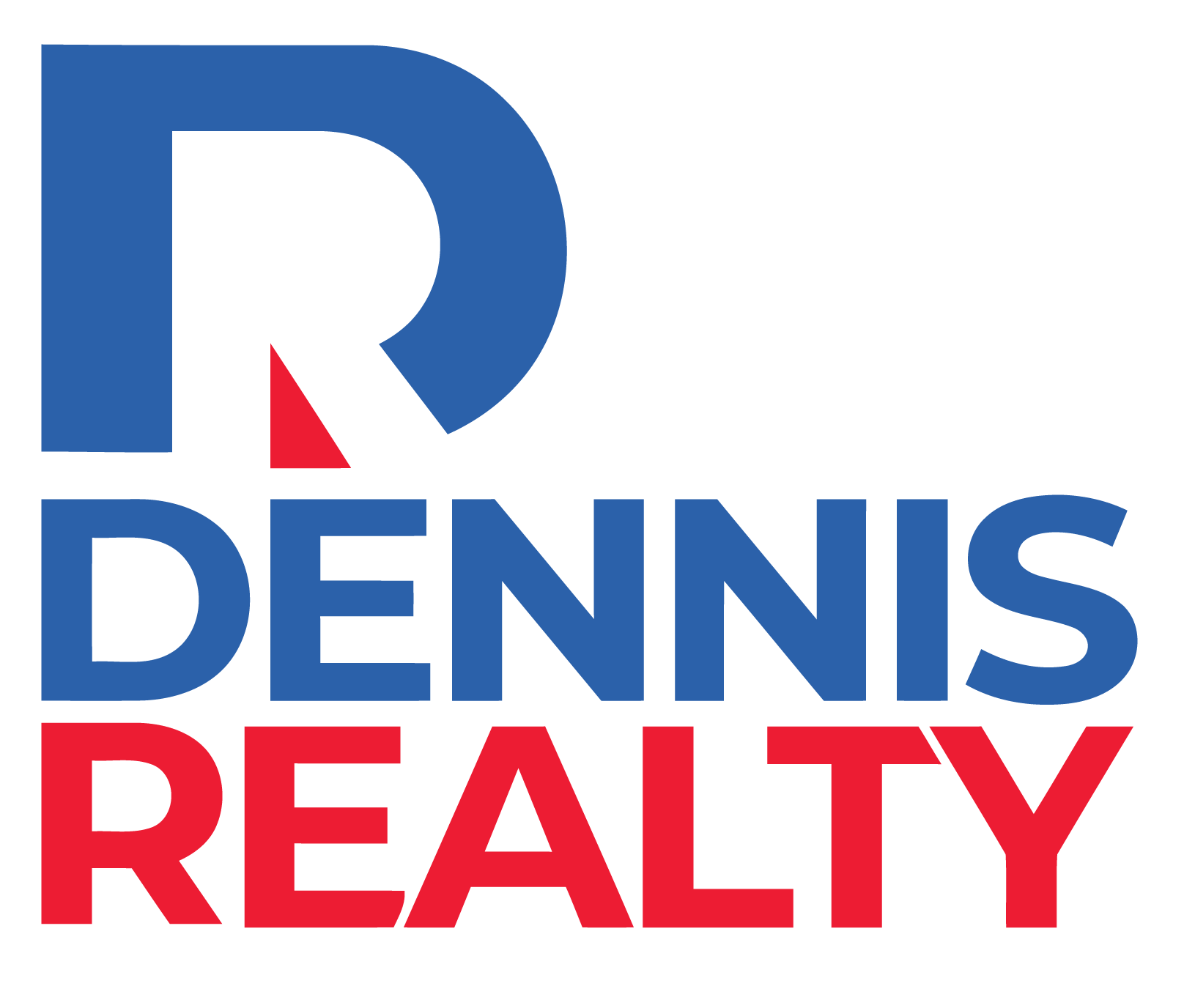.png)
The Florida Fair Housing Act is one of the most important laws for landlords to understand. This Florida Fair Housing Act requires landlords to act fairly and equally when renting out a property in Florida. Compliance is essential in almost all facets of landlording, including property marketing, tenant screening, rental pricing, and even when responding to repair requests from tenants.
Just like other landlord-tenant laws, violations of the federal Fair Housing Act can be costly, with penalties reaching hundreds of thousands of dollars. Not to mention the reputational damage it can cause you as a landlord in Florida.
In this article, you’ll learn all the fundamental aspects of Florida's fair housing laws. From the federal and state fair housing laws, to what you can do to protect yourself as a landlord under the Florida Fair Housing Act from providing reasonable accommodations to choosing your advertizing language carefully.
What Is Fair Housing?
All fair housing laws have one thing in common – their goal is to prevent housing discrimination and ensure fair and equal opportunity in housing. This is a responsibility that each housing provider in the housing industry must fulfill.
According to the federal fair housing act, housing players include landlords, home sellers, property developers, and property managers. As a landlord, you must ensure that each potential tenant has a fair opportunity to rent your property.
Engaging in housing discrimination based on race, color, national origin, sex, or any other protected class of such person is illegal.
When and Why Was the Fair Housing Act Created
The purpose of the Florida Fair Housing Act is to safeguard those who are vulnerable to housing discrimination and to help avoid discriminatory practices relating to housing transactions. The Federal Fair Housing Act was created with the intention of giving all Americans seeking a place to live equal opportunities and rights.

Even though there have been attempts to draft fair housing laws in America since the middle of the 19th century, the Civil Rights movement of the 1960s brought about a number of important reforms. The Civil Rights Act of 1964 and the Rumford Housing Act of 1963 were designed to combat housing discrimination.
The housing act following the Civil Rights Act was founded in 1986. This law or housing act, which was the most innovative at the time, fundamentally altered the housing market and the way that people are protected from housing discrimination. Some of these classes include race, color, national origin, sex, and sexual orientation. These days, all housing providers have to follow the guidelines and avoid prohibited practices.
What are Examples of Fair Housing Violations in Florida?
The following are some examples of actions that would be regarded as discriminatory as per the fair housing laws in Florida.
- Refusing a bona fide offer from a prospective tenant without any legitimate justification.
- Claiming that a vacant dwelling unit you’re trying to rent out is unavailable because you have a preference on who to rent to or are looking to please an urban development model.
- Threatening or intimidating a tenant into forgoing their right to fair housing.
- Refusing to provide a tenant with a disability with reasonable accommodation or reasonable modifications for said disability.
- Discriminating a tenant based on their race or national origin. For instance, saying in your rental ad that “X is preferred.” The rules of the Fair Housing Act apply to advertizing as well as in-person meetings.

- Discriminating against a tenant because of the particular religion they practice. It’d be illegal for you to advertise your dwelling unit as “Christians Preferred.” You cannot also reject an applicant because they are wearing religious outfits, such as a hijab or a kippah.
- Rejecting a tenant because of their nationality or another protected class.
- Asking illegal tenant screening questions that touch on the tenant’s protected class. For example, are you Hispanic or Latino? Are you pregnant? Are you a Muslim? How many children do you have? Are you Chinese or Japanese? Do you have a disability?
Are there Exemptions to the Fair Housing Act?
Yes, but in very limited circumstances. The following are possible exemptions to the fair housing act.
- Owner-occupied buildings with four or fewer units: This exemption exists under federal law, known as the "Mrs. Murphy exemption," where owner-occupied buildings with four or fewer units are exempt.
- Single-family homes rented out by the owner: The act exempts owners who rent or sell single-family homes without using a broker or agent, provided they own three or fewer single-family homes and do not engage in discriminatory advertising.
- Homes operated by religious organizations and private clubs: Religious and private organizations are exempt from the Fair Housing Act when limiting occupancy to members, as long as there is no housing discrimination based on race, familial status, color, or national origin.
Tips to Avoid Violating The Fair Housing Act
To avoid violating the Fair Housing Act (FHA), it’s essential for Florida landlords, property managers, and real estate professionals to follow best practices that promote fairness and prevent housing discrimination. Here are some key tips:

- Familiarize yourself with the protected classes under the FHA, which include race, color, religion, sex, national origin, familial status, and disability.
- Establish and apply the same rental criteria for all applicants. This includes income requirements, credit checks, rental history, and criminal background checks. Ensure these criteria are objective, non-discriminatory, and applied uniformly to every applicant.
- Ensure that all rental advertisements and marketing materials are free from language that suggests a preference or limitation based on a protected class, including familial status and national origin. For example, avoid phrases like "ideal for a single professional" or "Christian community." Instead, use neutral terms like "cozy apartment in a quiet neighborhood."
- Be prepared to make reasonable accommodations and modifications for a tenant with a disability like physical or mental impairment. This might include allowing service animals or an emotional support animal in a no-pets dwelling or installing grab bars in bathrooms. Denying reasonable accommodations and disability requests could be considered discriminatory
- Keep detailed records of all tenant interactions, including applications, communications, maintenance requests, and any accommodations provided. This documentation can help protect you in case of a dispute or complaint.
- Take any complaints about discrimination seriously and address them promptly. Ensure that your response is thorough and documented, and consider seeking legal advice if needed.
- Fair housing laws can change, so it's important to stay informed about any updates at the federal, state, and local levels. Joining professional associations, attending workshops, and consulting with legal experts can help you stay compliant.
Conclusion
Property management is a service industry. You need to be respectful and fair for potential repeat business. If you fail to do so, you not only risk losing the tenant, but also getting into serious legal issues.
Luckily for you, Dennis Property Management has you covered. We provide full-service property management services to property owners in the Tampa Bay, Florida area. Get in touch to learn more!
Disclaimer: Please note that the information provided in this blog is intended for general guidance and should not be considered as a replacement for professional legal advice. It is important to be aware that laws pertaining to property management may change, rendering this information outdated by the time you read it.














